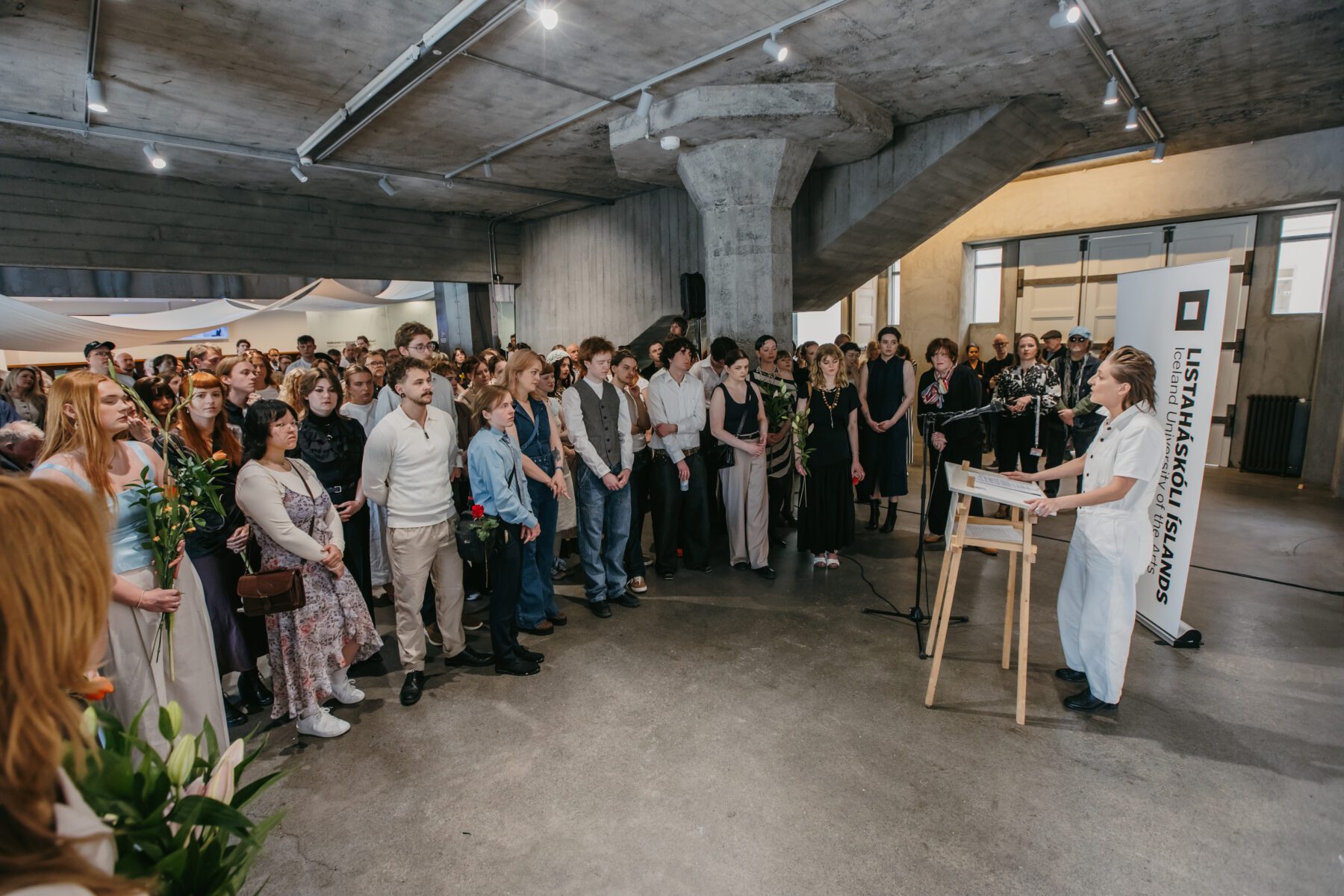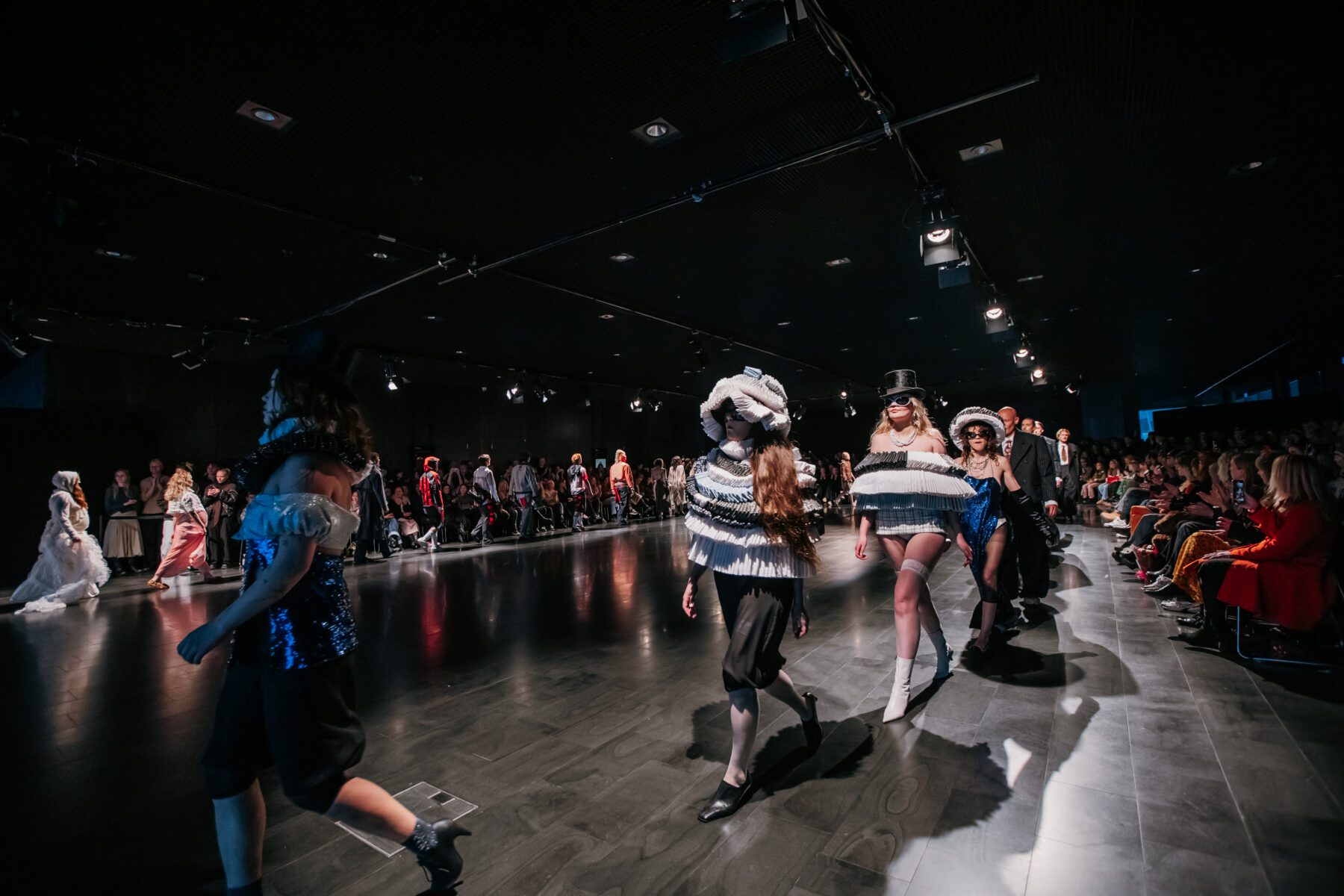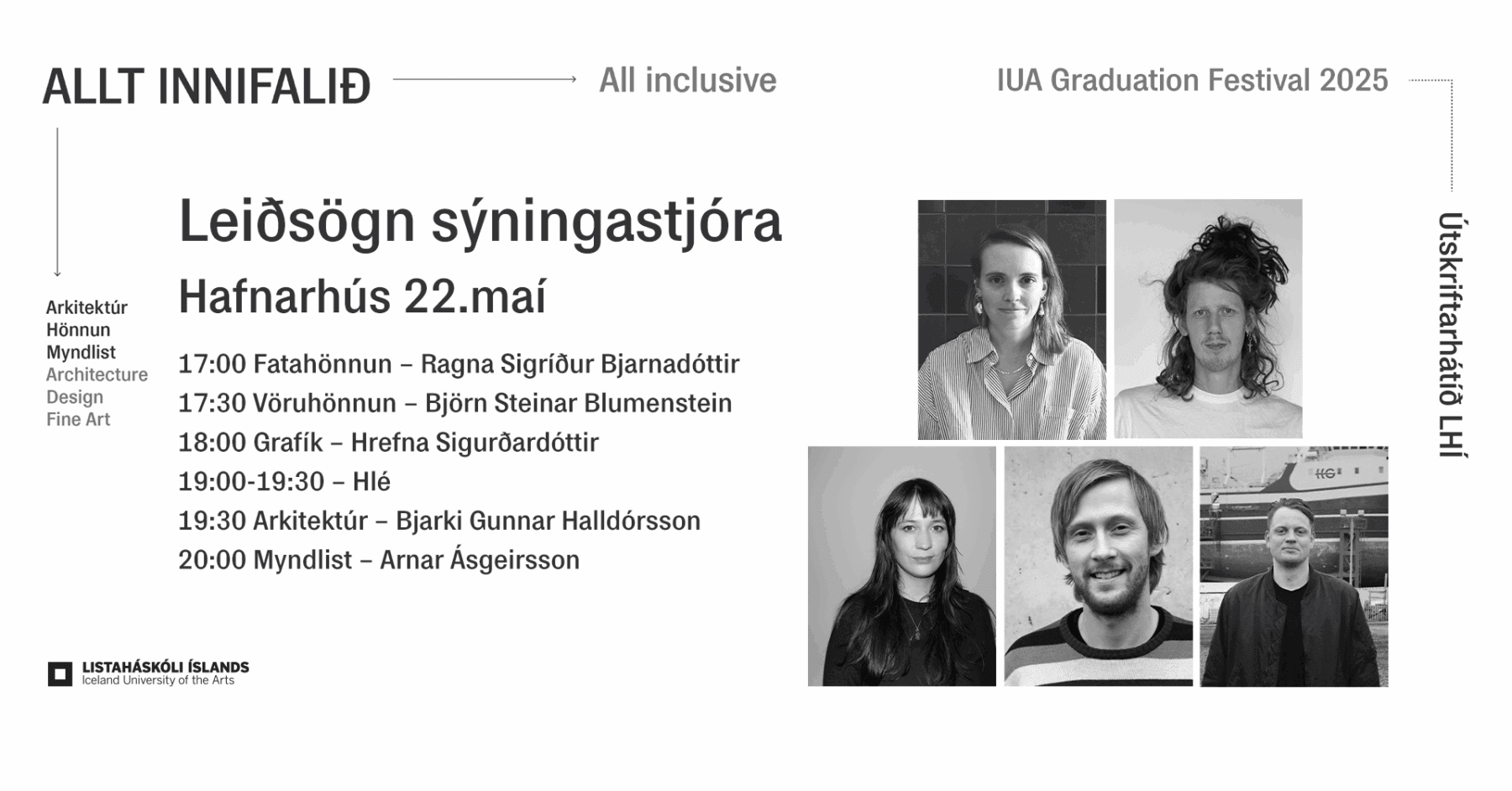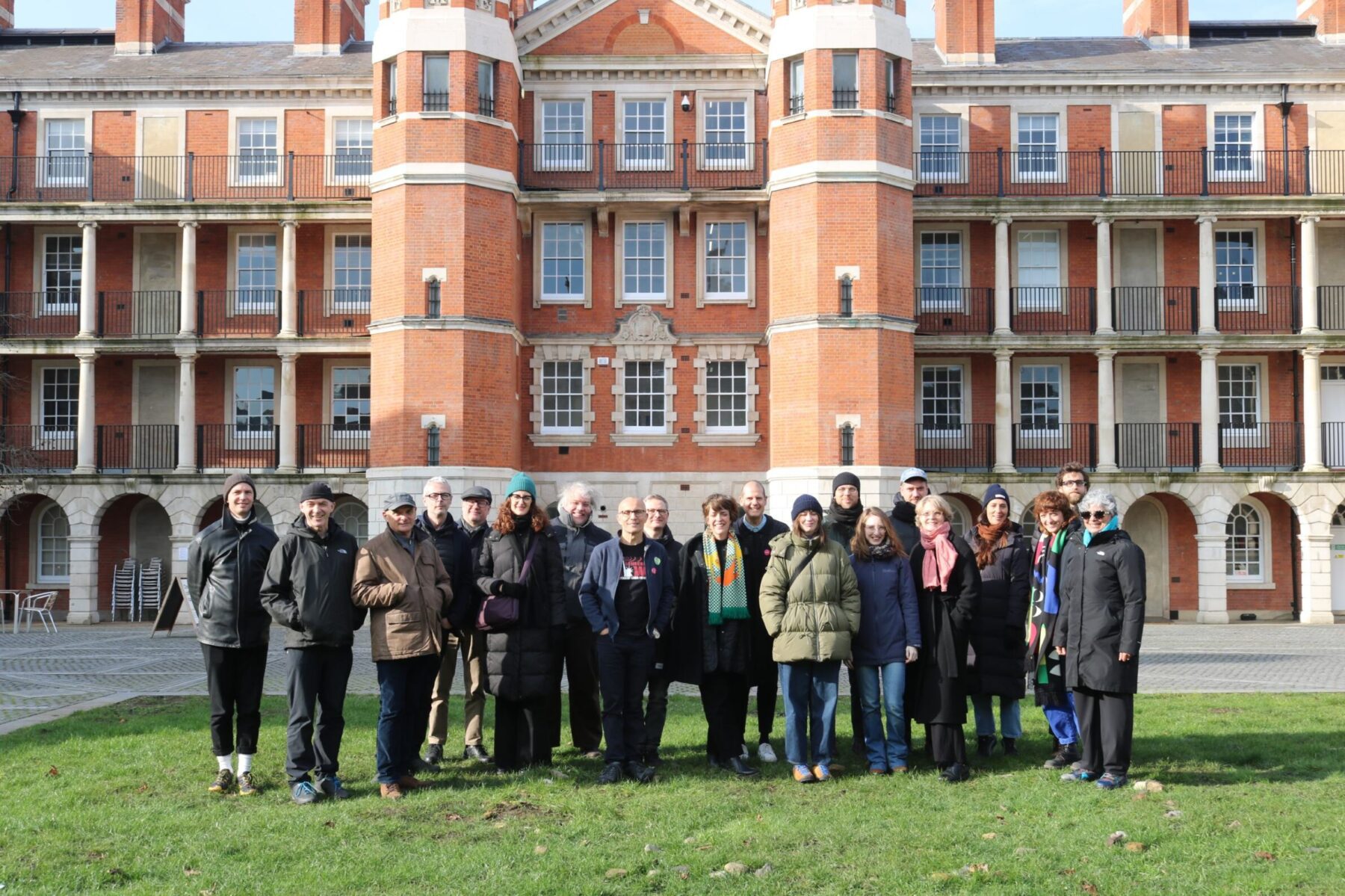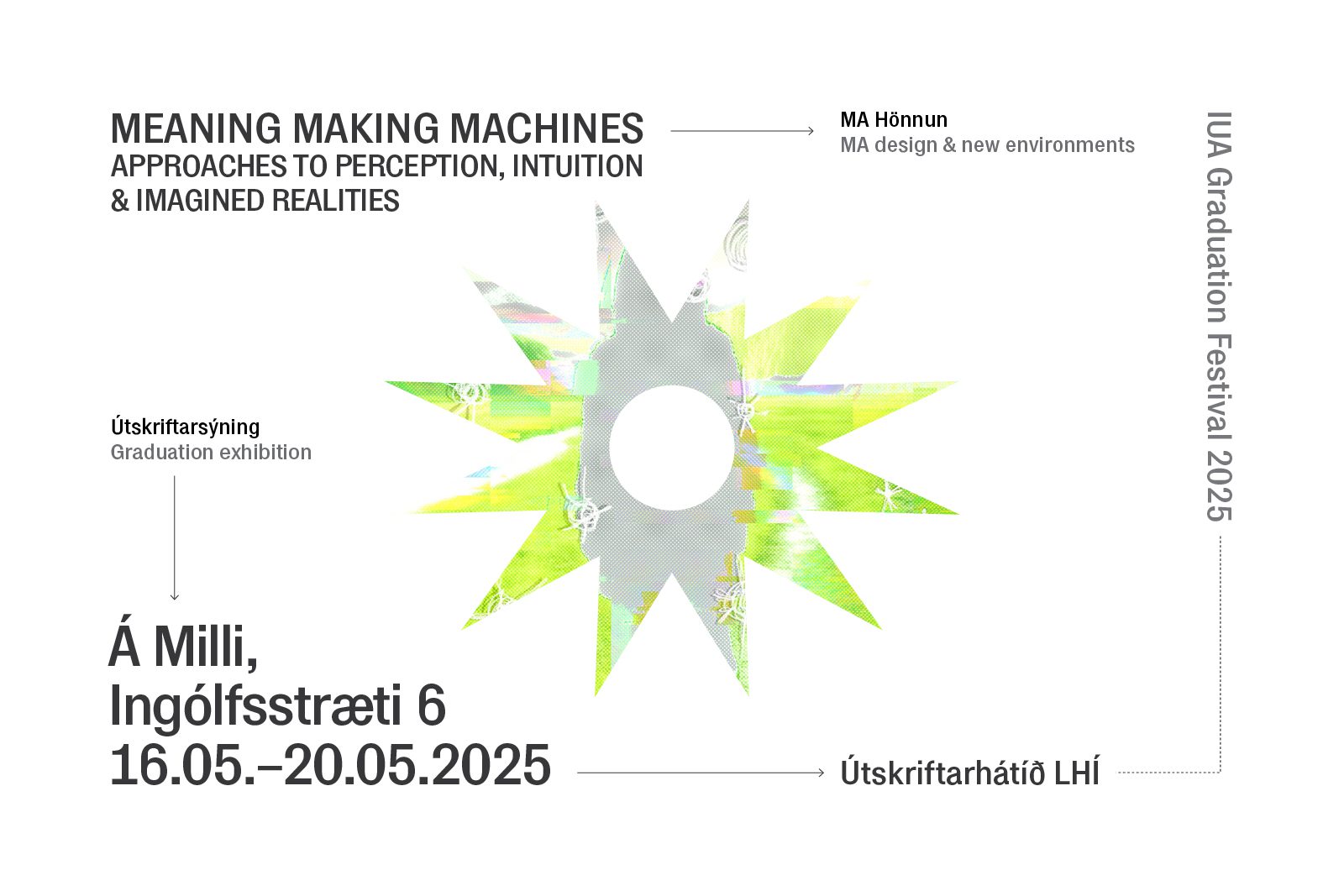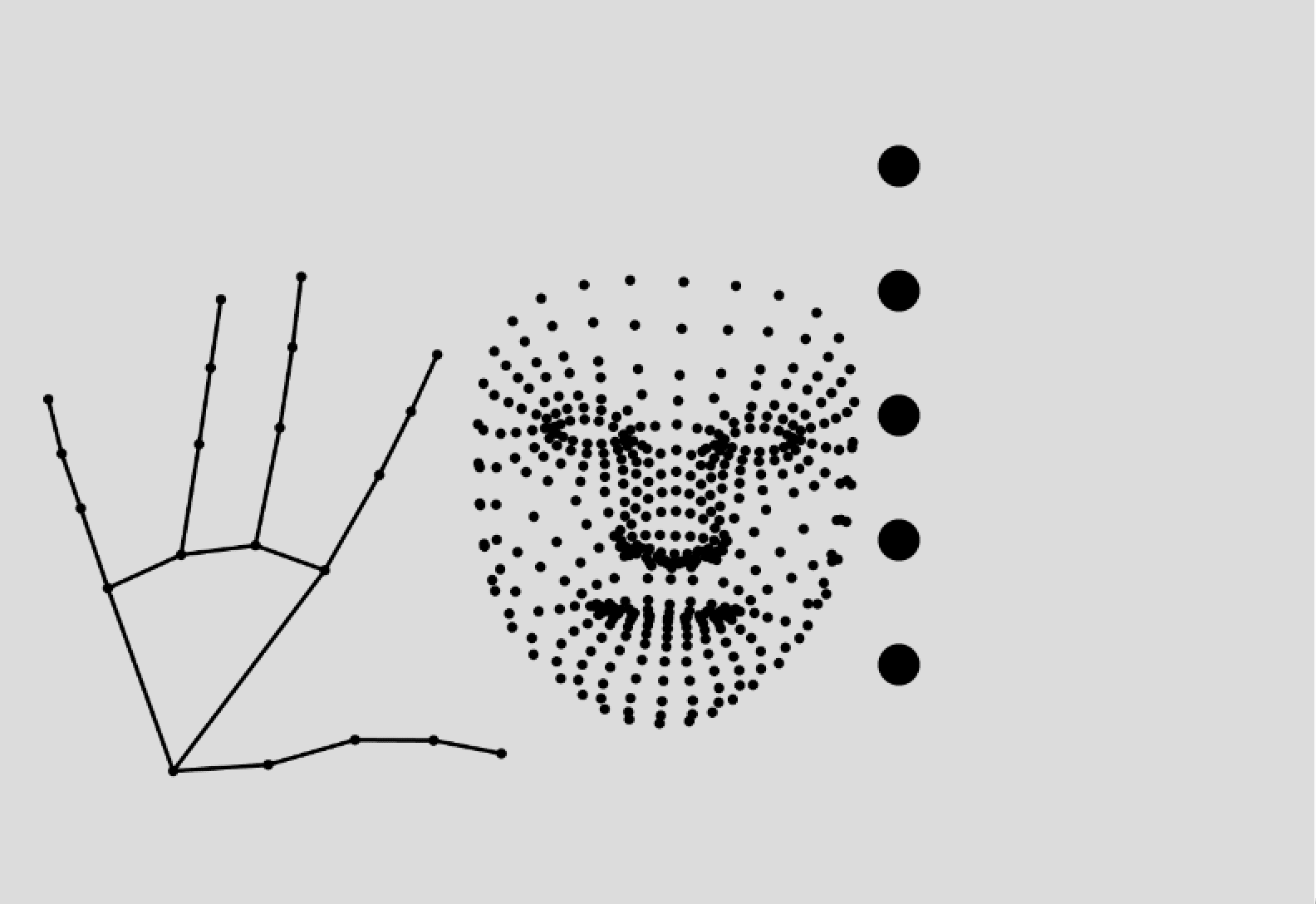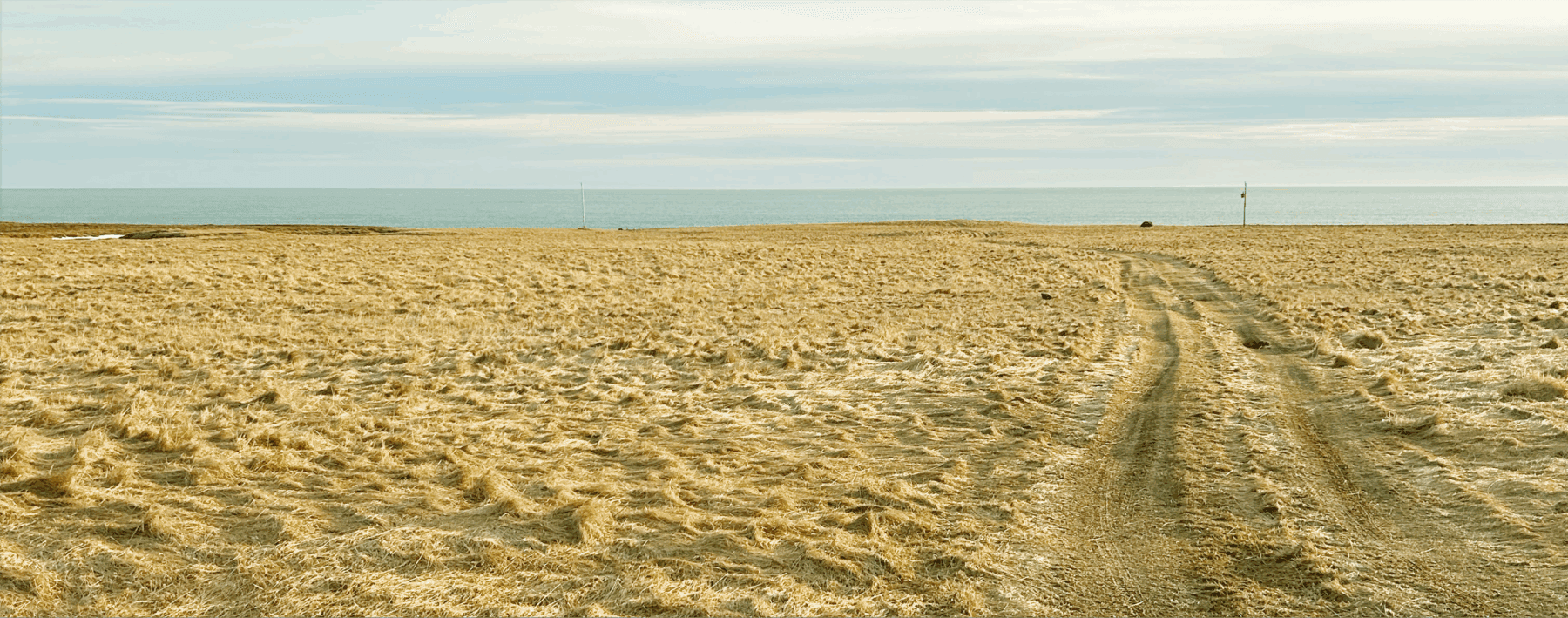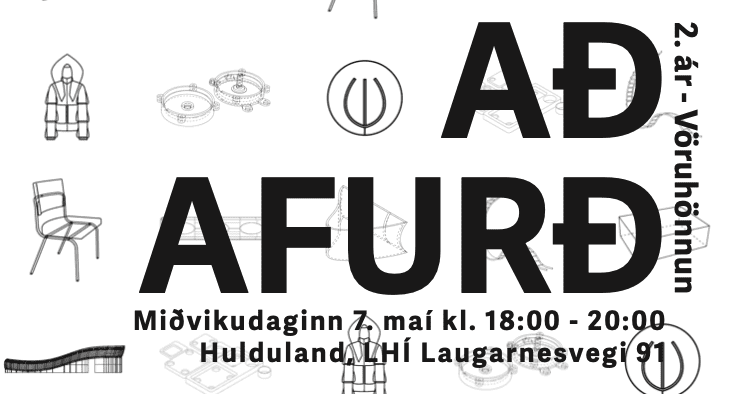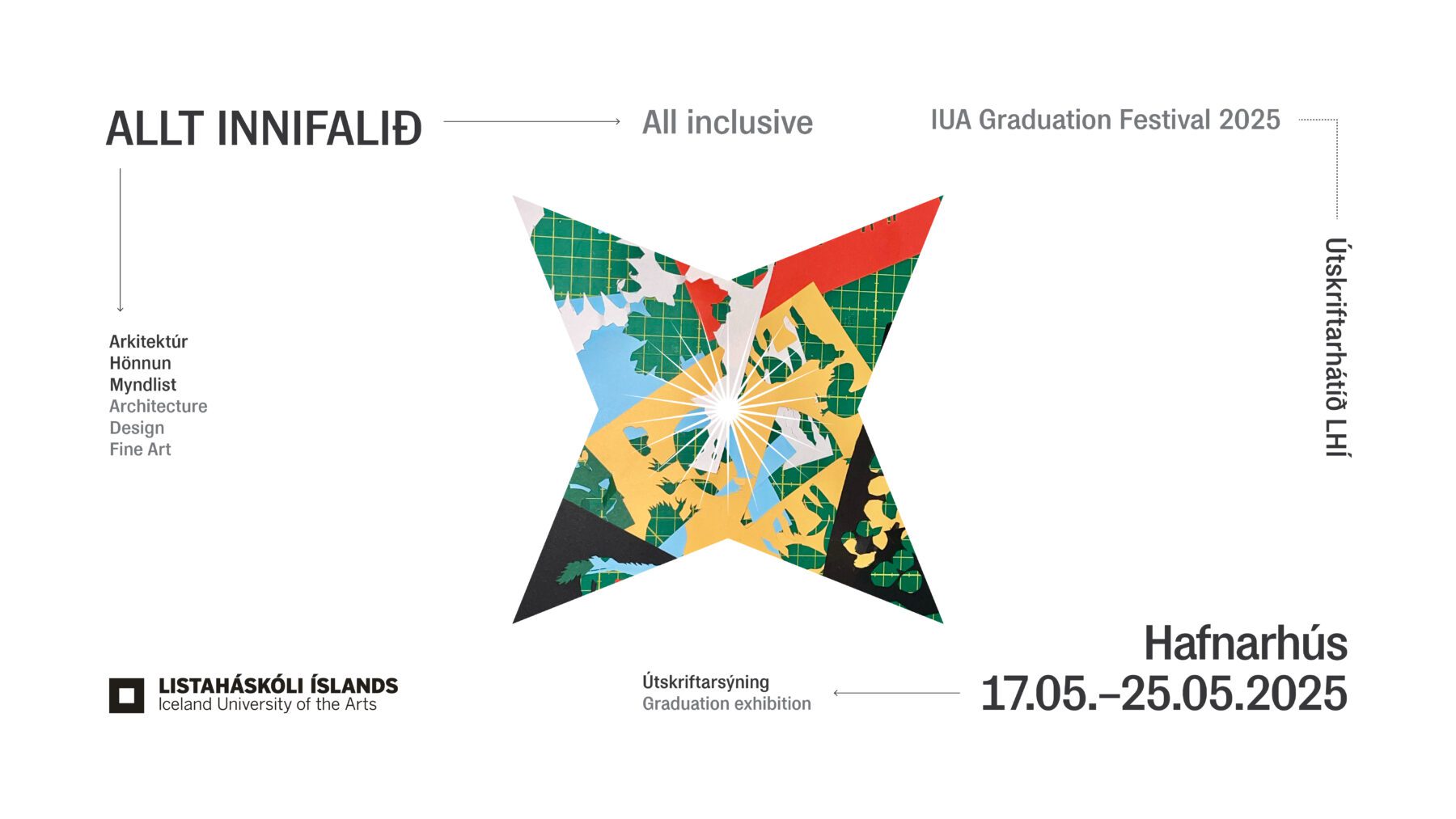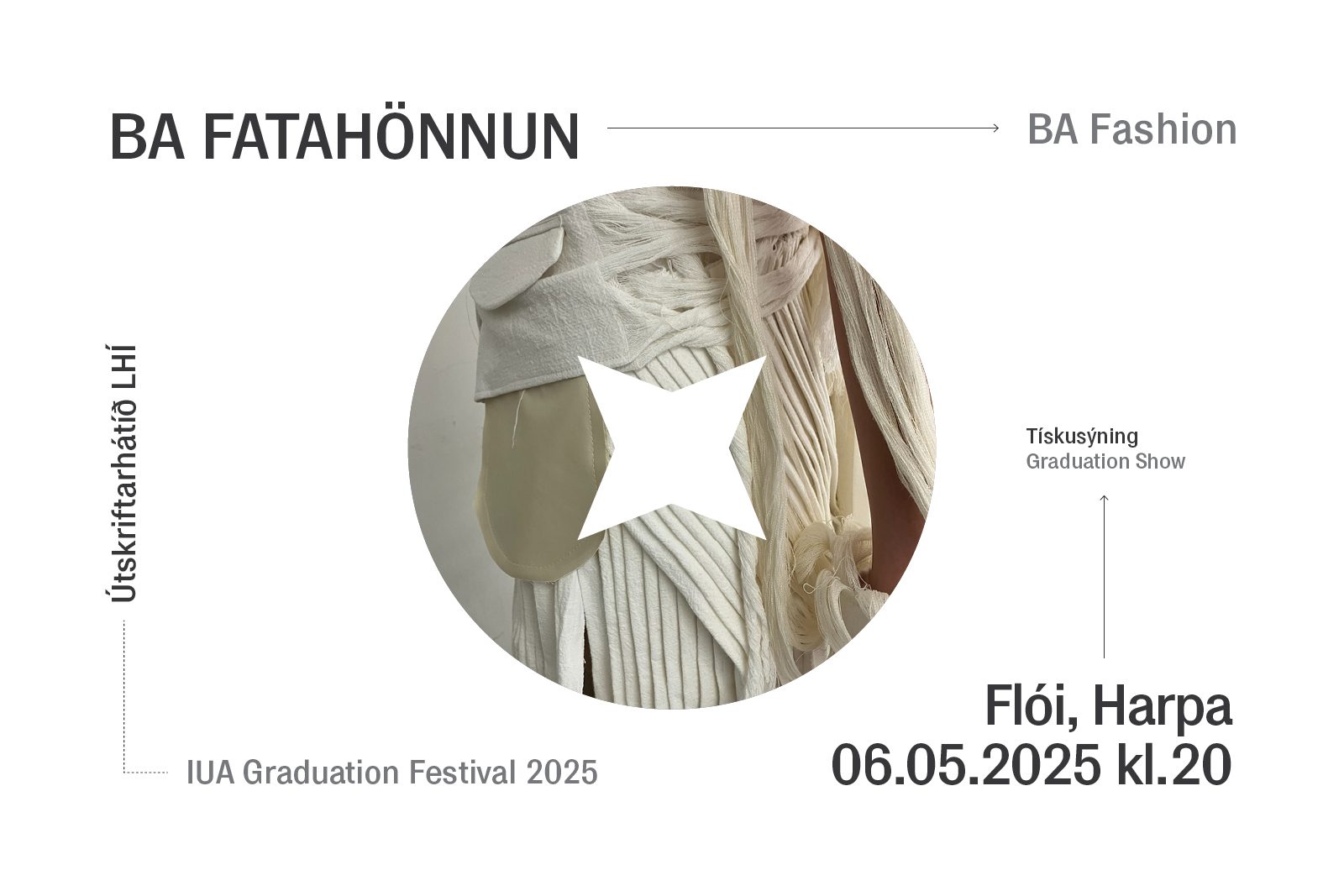Automatic translation by Google Translate.We cannot guarantee that it is accurate.
Skoða vefinn á ÍslenskuDesign & New Environments MA
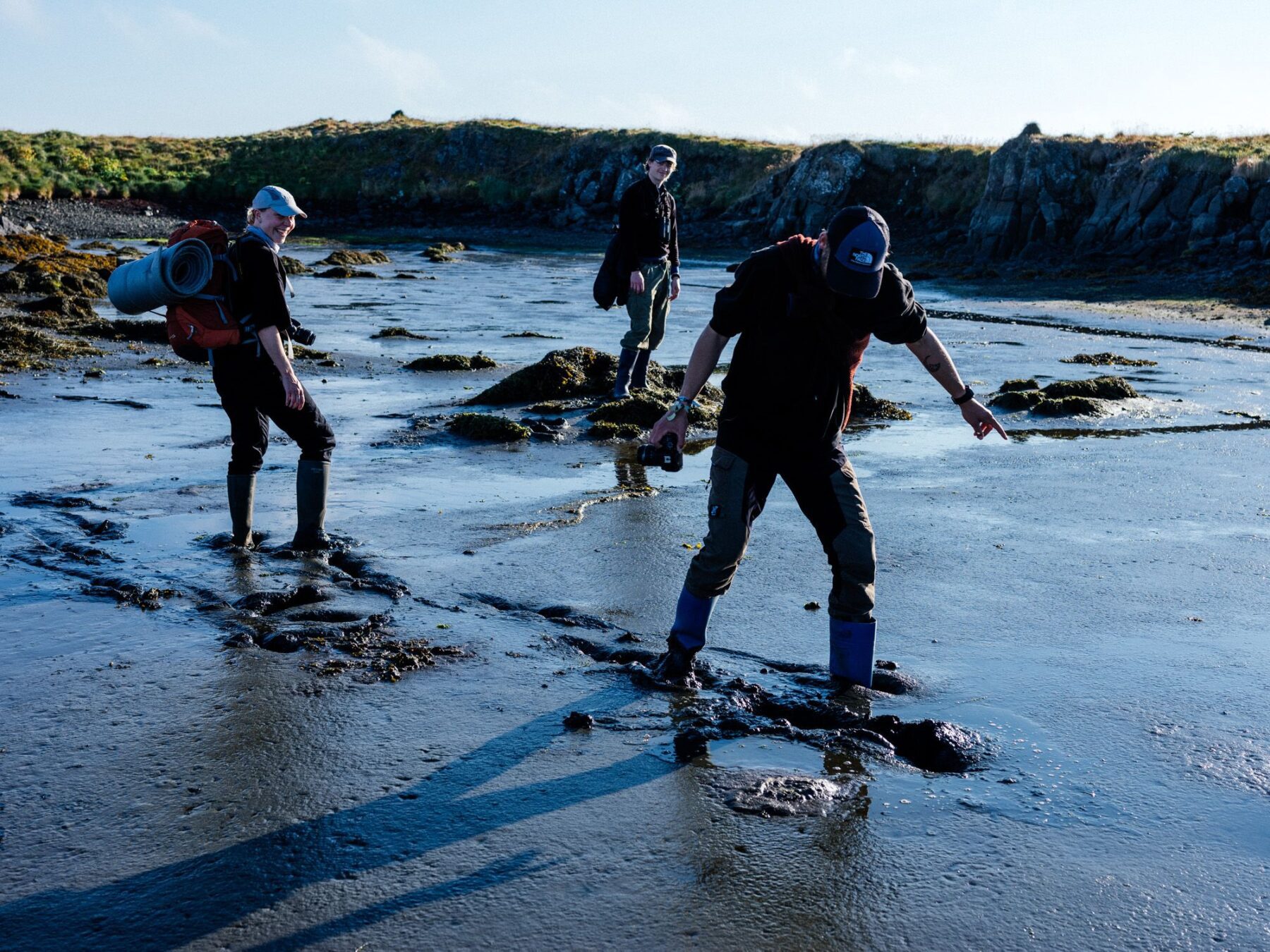
The two-year MA Design & New Environments programme explores how design can actively respond to rapid societal, technological, and environmental transformations through researching, prototyping, and communicating innovative solutions.
About the Study
The MA Design and New Environments (MADNE) programme explores how design can address the challenges of our evolving world. These „New Environments“ are defined by transformations in society, technology, culture, and the environment. MADNE equips students with the skills to rethink outdated systems, craft innovative solutions, and tackle pressing global and local challenges through design.
This design-focused programme integrates methodologies such as design thinking, systems thinking, and contextual research, encouraging students to create meaningful and innovative solutions. Students learn to use tools and technology, such as digital media, physical prototyping, and video, to mediate and communicate their designs effectively. Theory is seamlessly integrated into the curriculum, informing practice and fostering critical inquiry.
Iceland serves as a unique laboratory for innovation, offering unparalleled proximity to nature, sustainable energy practices, and close-knit communities. Students engage with Icelandic society, institutions, and industries to create solutions that connect local insights to global challenges. Collaboration, critical inquiry, and professional engagement are central to the programme, fostering both individual and collective growth.
Course Structure
The MADNE programme combines studio work, residencies, thematic seminars, and hands-on design exploration, providing students with a comprehensive education in design. Prototyping, material experimentation, and media-based communication are central to developing and realising design propositions and solutions.The programme encourages collaboration while supporting individual growth in a small cohort environment.
- First Year: Students build a foundation in field research, case studies, and studio-based design projects, using prototyping and material exploration to engage with real-world challenges. A six-week residency in the spring allows them to apply their skills in professional settings.
- Second Year: Students develop independent projects through advanced studio work and seminars, focusing on critical reflection, prototyping, and communication strategies. Their final practice-led master’s project demonstrates their ability to navigate and innovate within complex environments.
After Graduation
Graduates of MADNE are equipped for careers that bridge design, sustainability, and innovation. Potential career pathways include:
- Design Consultancy
- Environmental Advocacy
- Social Entrepreneurship
- Public Sector Innovation
- Independent Design Practices
- Advanced Research and PhD Studies
Application Process
IUA employs a standard electronic application form.
The application process is in two steps, first submit the application and then pay the application fee. Please note: It is possible to save the application while working on it.
Opnað fyrir umsóknir
6th of January 2025
Umsóknarfrestur
22nd of April 2025
Umsóknum svarað
May / June 2025
Verðskrá
The Application
An application is not valid until the applicant has submitted the application and paid the application fee. Applicants must submit the following documents:
-
1. Certified copy of degree certificate(s) and programme / course transcript(s) (PDF)
RequiredApplicants will have completed BA/BS Degree or equivalent. The programme welcomes applicants from different disciplinary and interdisciplinary backgrounds.
Applicants should submit a detailed record of higher education up to the present, including programmes of study taken and grades achieved. This may be submitted in Icelandic or English.
-
2. Proof of English Proficiency
RequiredThe MA Design is an international programme conducted in English.
English language proficiency equivalent to the Icelandic upper secondary course English 6 is required. You can meet the requirement by achieving the minimum required score in the following internationally recognised English tests:
- ELTS Academic or IELTS UKVI Online: Overall score of 6.5, no section lower than 5.5
- TOEFL iBT, TOEFL iBT Home Edition or TOEFL iBT Paper Edition: Score of 20 (scale 0-30) in written test, total score of 90. We do not accept TOEFL ITP, TOEFL iBT MyBest, Institutional TOEFL, TOEFL Essentials, or the revised TOEFL Paper-delivered Test.
- Cambridge Michigan Language Assessments: University of Michigan, Examination for the Certificate of Proficiency in English (ECPE)
- Pearson PTE Academic or PTE Academic Online: Score of 62 (writing 61)
- Cambridge ESOL: C1 Advanced (CAE), minimum overall score 180 (points awarded since 2015), or Cambridge English certificate level C1, minimum score 180, or Cambridge English: Advanced
-
3. References from two referees (PDF)
RequiredApplicants must submit two references, at least one of them academic. Each reference should not exceed 250 words. Each reference must contain the referee’s contact information (including email address) and relevant credentials and clearly indicate how they relate to the applicant.
-
4. Statement (PDF)
RequiredApplicants for the MA Design must write a short explanation about their decision to apply for this specific programme, and this place, Iceland, and how they see the programme’s emphasis tie in with their aims towards a future professional role as designers. The Statement should be written in English.
-
5. Curriculum Vitae (PDF/URL)
RequiredApplicants must submit a CV of relevant education and professional experience, language proficiency, and general information about the applicant. The CV should be written in English.
-
6. Portfolio of works (PDF/URL)
RequiredApplicants for the MA Design must gather prime examples of their work into a digital portfolio, which they submit with their formal application. This can include a PDF document or links to external websites, videos, audio, images etc. The submitted work should reflect the applicant’s character, shed light on main interests, demonstrate skills and competences, and make it accessible to comprehensively read the applicant’s ability for original creation and communication of ideas.
-
Selection Criteria
In assessing applications, the intake committee evaluates the above six deliverables. They then conduct interviews with selected applicants, evaluating how well the respective applicant is likely to absorb the teaching and the methodology of design practiced at the Iceland University of the Arts.The decision of the intake committee is final, and the intake committee is not required to provide further explanations for its decision.





